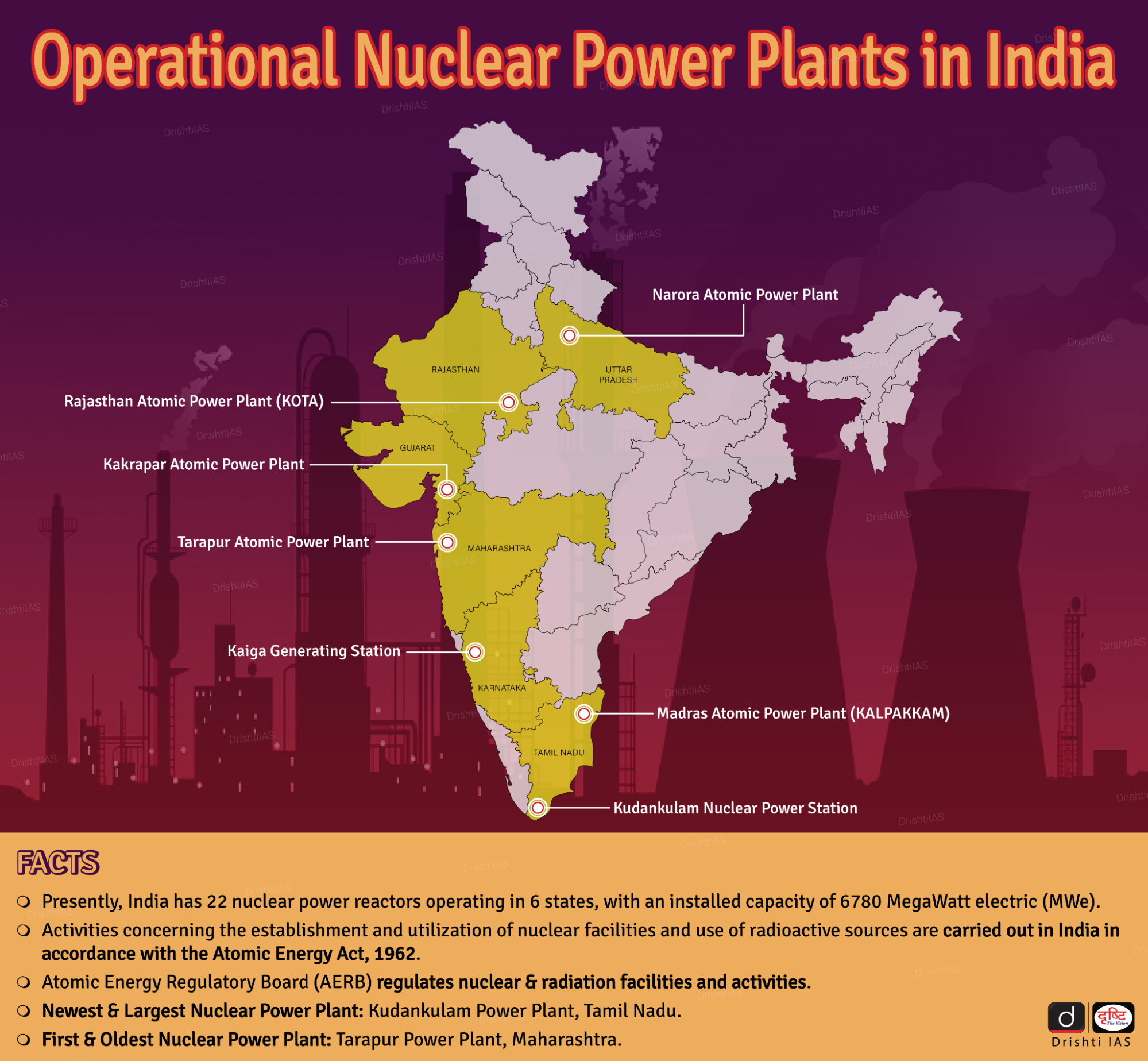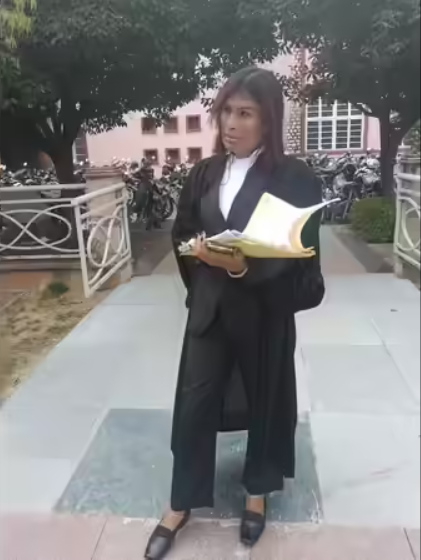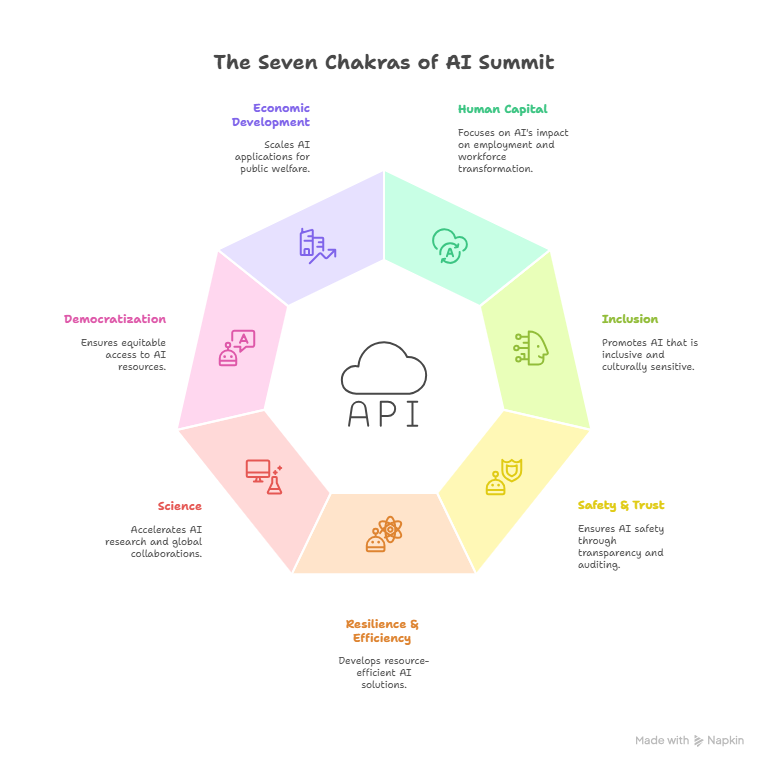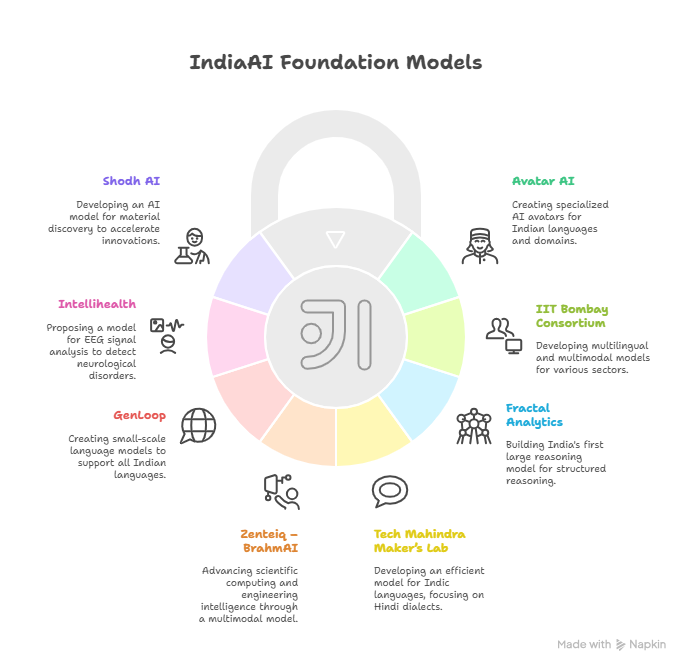Rajasthan Switch to Hindi
Nuclear Power Plant in Banswara
Why in News?
Prime Minister Narendra Modi will lay the foundation stone for the Mahi-Banswara Nuclear Power Plant in Rajasthan on 25th September 2025, boosting the state's energy sector.
- The Prime Minister’s visit will also see the inauguration of several other projects worth over Rs 1.21 lakh crore.
Key Points
- About: The proposed nuclear power plant, set to be built on a 1,366-acre site, will have an installed capacity of 2,800 MW, with an expected completion by 2036.
- The project, valued at around Rs 50,000 crore, will feature four indigenous 700 MWe pressurized heavy water reactors (PHWRs) and is part of India’s broader efforts to expand nuclear power capacity.
- Current Status: India currently operates 15 PHWRs of 220 MWe, 2 PHWRs of 540 MWe, and a 700 MWe reactor at Rawatbhata, Rajasthan.
- PHWRs are a type of nuclear reactor that uses heavy water (deuterium oxide, D₂O) as both a coolant and moderator, while natural or slightly enriched uranium serves as fuel.
- Regulator: The Atomic Energy Regulatory Board (AERB) is India's national regulatory authority responsible for ensuring the safe use of nuclear energy and radiation technologies in the country.
- Established in 1983 under the Atomic Energy Act,1962, AERB functions as an independent body under the Department of Atomic Energy (DAE).
- Total Capacity: India’s nuclear power capacity is currently 8.18 GW (2024), with targets set at 22.48 GW by 2031–32 and 100 GW by 2047.
Rajasthan Switch to Hindi
Rajasthan’s 1st Transgender Lawyer
Why in News?
Raveena Singh has achieved a historic milestone by becoming the first transgender lawyer to register as a woman with the Bar Council of Rajasthan.
Key Points
- About: Raveena Singh, born Ravindra Singh in a conservative family in Rajasthan’s Pali district, defied societal norms and familial expectations to embrace her true gender identity.
- Her achievement not only marked a personal victory but also set a precedent for the inclusion of transgender individuals in professional spaces.
- Legal Initiatives: Raveena also filed a writ petition at the Rajasthan High Court to further the cause of transgender rights, pushing for comprehensive recognition and representation of transgender people in educational and employment systems.
Transgender Persons
- About: According to Transgender Persons (Protection of Rights) Act, 2019, a transgender person is someone whose gender identity does not align with the gender assigned at birth.
- Population: In India, the total population of transgender is around 4.88 Lakh as per the Census 2011.
- The top 3 states with the largest transgender population are Uttar Pradesh, Andhra Pradesh, and Maharashtra.
- It includes trans-person with intersex variations, gender-queer, and people having such socio-cultural identities as kinnar, hijra, aaravani, and jogta.
- Part of LGBTQIA+: Transgender individuals are part of the LGBTQIA+ community, represented by the "T" in the acronym.
- LGBTQIA+ is an acronym that represents lesbian, gay, bisexual, transgender, queer, intersex, and asexual.
- The "+" represents the many other identities that are still being explored and understood.
- The acronym is constantly evolving and may include other terms like non-binary and pansexual.
- Key Milestones in Transgender Rights Reforms:
- Election Commission's Directive (2009): The registration forms were updated to include an "others" option, enabling transgender individuals to avoid male or female identification.
- Supreme Court Ruling (2014): In the National Legal Services Authority vs. Union of India case, 2014, the Supreme Court recognized transgender people as the "Third Gender," framing it as a human rights issue.
- Legislative Efforts (2019): The Transgender Persons (Protection of Rights) Act, 2019, was enacted to safeguard the rights of transgender individuals.
Rajasthan Switch to Hindi
Rajeshwar Singh Appointed as SEC of Rajasthan
Why in News?
On 17th September 2025, Rajasthan Governor Haribhau Bagde appointed Rajeshwar Singh as the new Chief State Election Commissioner (SEC) of Rajasthan, succeeding Madhukar Gupta.
- Rajeshwar Singh, a retired IAS officer with a distinguished 35-year career, will now oversee the State Election Commission’s role in ensuring free and fair panchayat and municipal elections, leveraging his extensive experience in governance and election management.
Key Points About State Election Commission
- About: The State Election Commission (SEC) of Rajasthan was constituted in July 1994 under Article 243K of the Constitution of India.
- The 73rd and 74th constitutional amendments act of 1992, along with Articles 243K and 243ZA, mandate the creation of State Election Commissions (SECs) to oversee the conduct of elections for Panchayats and local urban bodies in each state and union territory.
- Responsibilities:
- Electoral Rolls: Preparing and maintaining updated electoral rolls.
- Conducting Elections: Holding free and fair elections for Panchayati Raj Institutions and Municipal bodies.
- Supervision: Ensuring the transparency and fairness of elections to local bodies across Rajasthan.
- Role of SEC: The State Election Commissioner (SEC) is entrusted with the responsibility of conducting elections under the direct superintendence, direction, and control of the SEC, ensuring a free and fair election process at the local level.
- Obligation: State governments are required by law to provide necessary funds, staff, and assistance to the SECs for the effective conduct of elections, as requested by the SEC.
- Appointment: The State Election Commissioner is appointed by the Governor of the state. The conditions of service and tenure are determined by the Governor, and the position is held with autonomy and authority.
- Powers: Under Article 243K(1), the SEC has the exclusive responsibility for the preparation of electoral rolls and the conduct of elections for Panchayats (and Municipalities under Article 243ZA).
- Tenure: Article 243K(2) ensures that the tenure and appointment process of the State Election Commissioner is governed by laws made by the state legislature, providing a clear legal framework for the role.
- Removal: The State Election Commissioner holds the same status, salary, and allowances as a High Court judge. They can only be removed from office following the same procedure and grounds as a judge of the High Court, ensuring their independence and security of tenure.
- History of Elections in Rajasthan:
- First Election: The first Panchayat election in Rajasthan was conducted by the Panchayat Department in 1960, followed by the first Municipal elections in 1963, which were organized by the Election Department.
- SEC’s Role: The SEC assumed responsibility for conducting PRI elections from the 6th general election in 1995 and has been organizing general elections for Municipal bodies since 1994.
- Structure of Panchayati Raj: Rajasthan follows a three-tier Panchayati Raj system consisting of:
- Zila Parishads (District level): 33 Zila Parishads, with 1014 constituencies.
- Panchayat Samities (Block level): 352 Panchayat Samities, with 6995 constituencies.
- Panchayats (Village level): 11,307 Panchayats, with 108,924 wards.
- Structure of Municipal Elections: Urban local bodies in Rajasthan consist of Municipalities, Municipal Councils, and Municipal Corporations.
National Current Affairs Switch to Hindi
India-AI Impact Summit 2026
Why in News?
The Ministry of Electronics & Information Technology (MeitY) has unveiled initiatives and the logo for the India-AI Impact Summit 2026, which is set to be hosted by India.
Key Points
- About: It is scheduled to take place from 19th to 20th February 2026 at Bharat Mandapam, New Delhi, and will bring together global leaders, policymakers, researchers, and innovators.
- This summit, the first to be hosted by a Global South country, will focus on People, Planet, and Progress.
- With AI’s transformative potential in focus, the summit will also feature discussions on seven thematic Chakras addressing global AI challenges and opportunities.
- Official Logo and Key Symbols: The official logo of the Summit draws inspiration from the Ashoka Chakra, a symbol of India's ethical governance and constitutional values.
- From this central emblem, neural network flares radiate outward, symbolizing AI’s transformative impact across industries, languages, and regions, helping to bridge divides and promote inclusive progress.
- Key Initiatives Launched:
- AI Pitch Fest (UDAAN): A platform to showcase innovative AI startups globally, with special emphasis on ventures from India's Tier 2 & 3 cities, including those led by women and differently-abled changemakers.
- IndiaAI Data and AI Labs: The first 30 IndiaAI Data and AI Labs have been launched, marking the initial phase of the 570-lab network. These labs will offer foundational AI and data training under the FutureSkills initiative, focusing on skill development in AI and data annotation across Tier 2 & 3 cities.
- IndiaAI Fellowship Program: The IndiaAI Fellowship Program is expanded to support 13,500 scholars, with a focus on students from diverse disciplines such as engineering, medicine, law, commerce, and liberal arts.





 PCS Parikshan
PCS Parikshan





